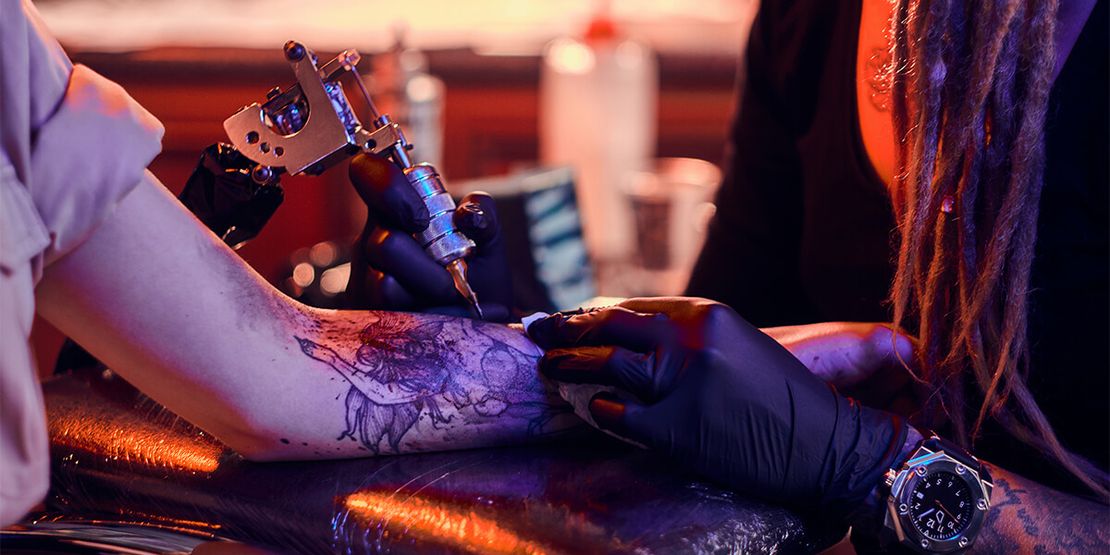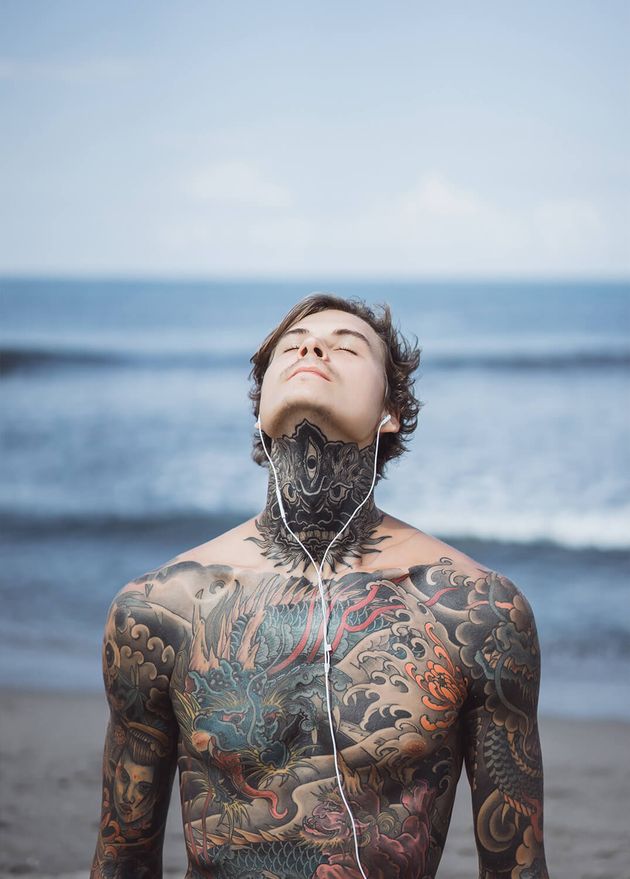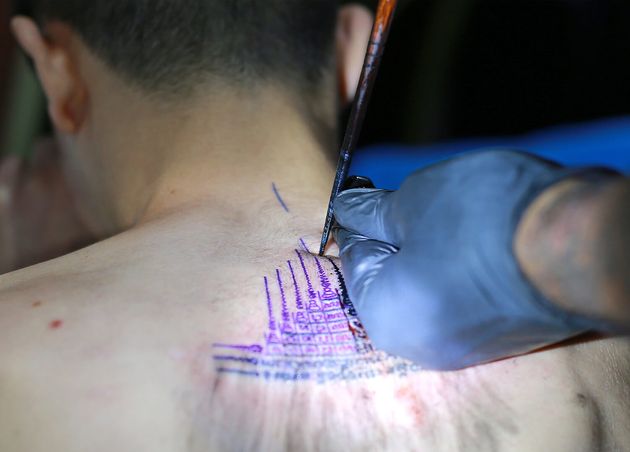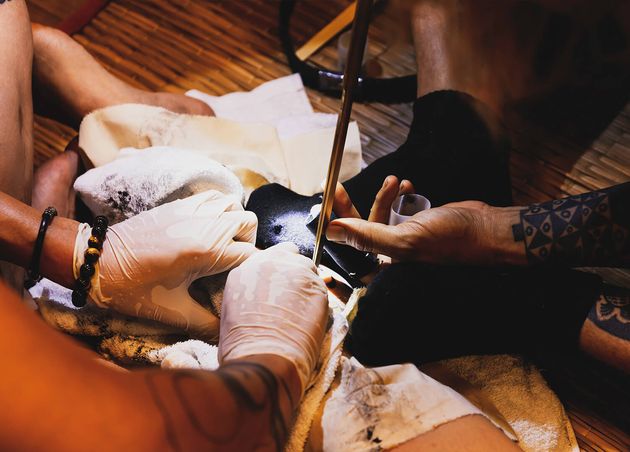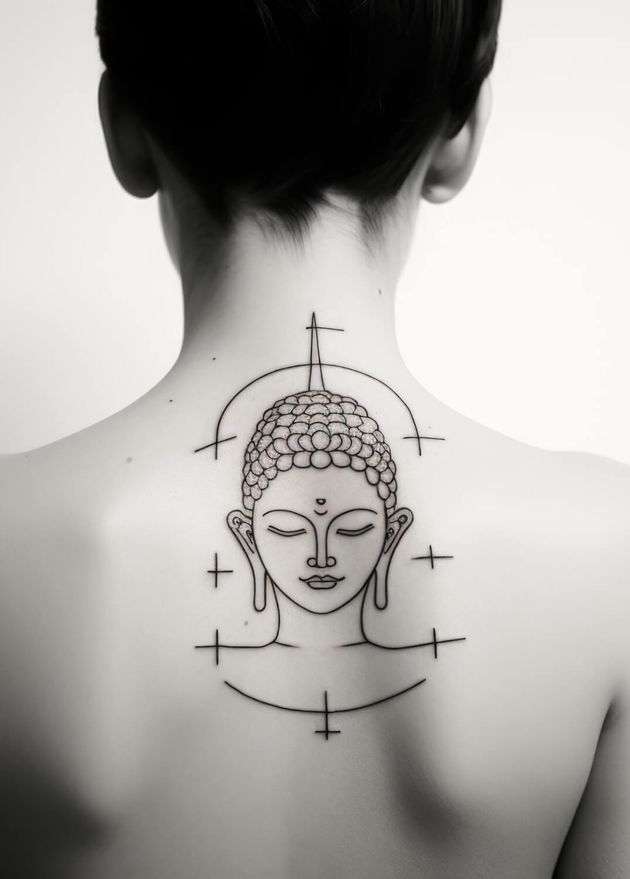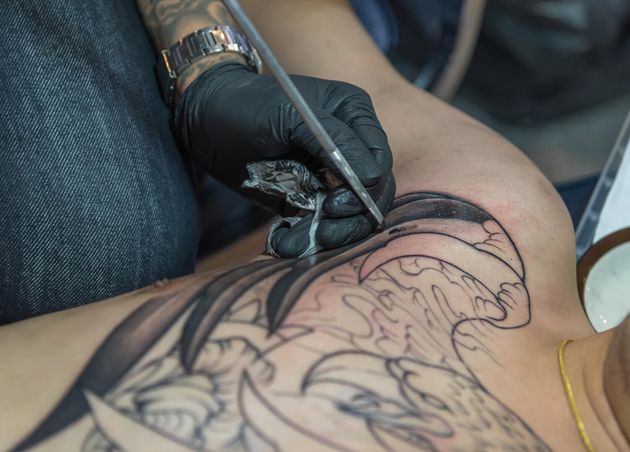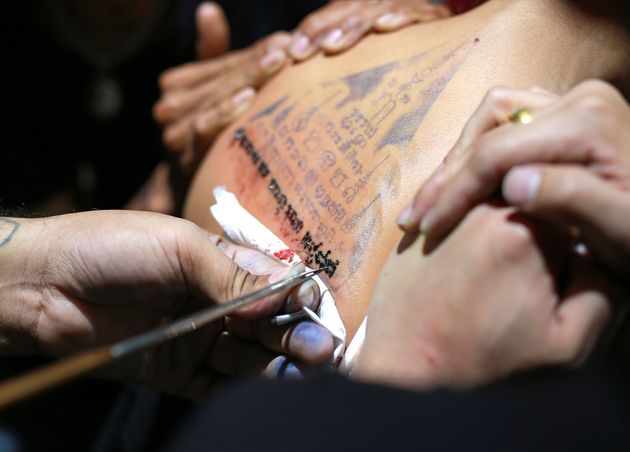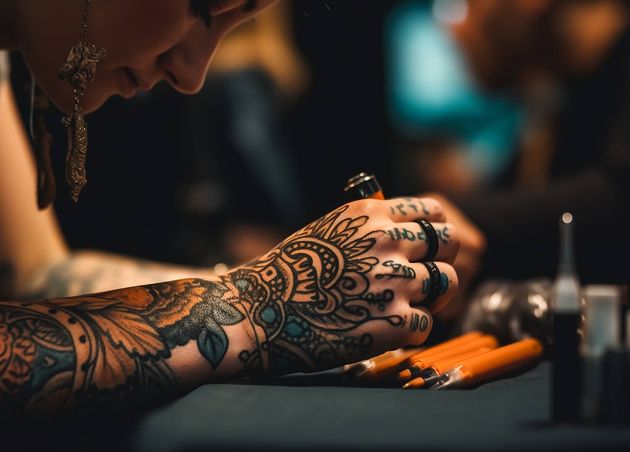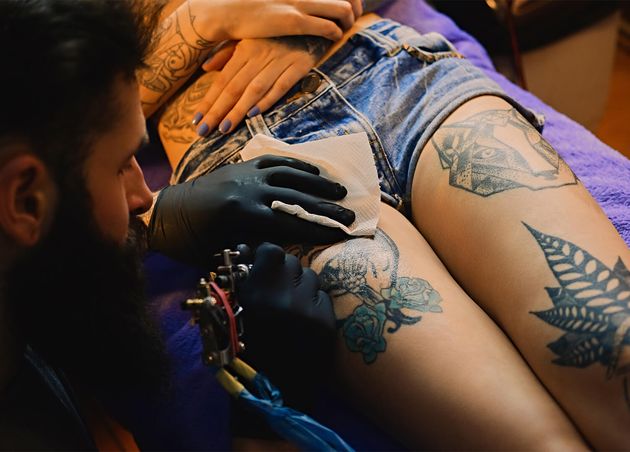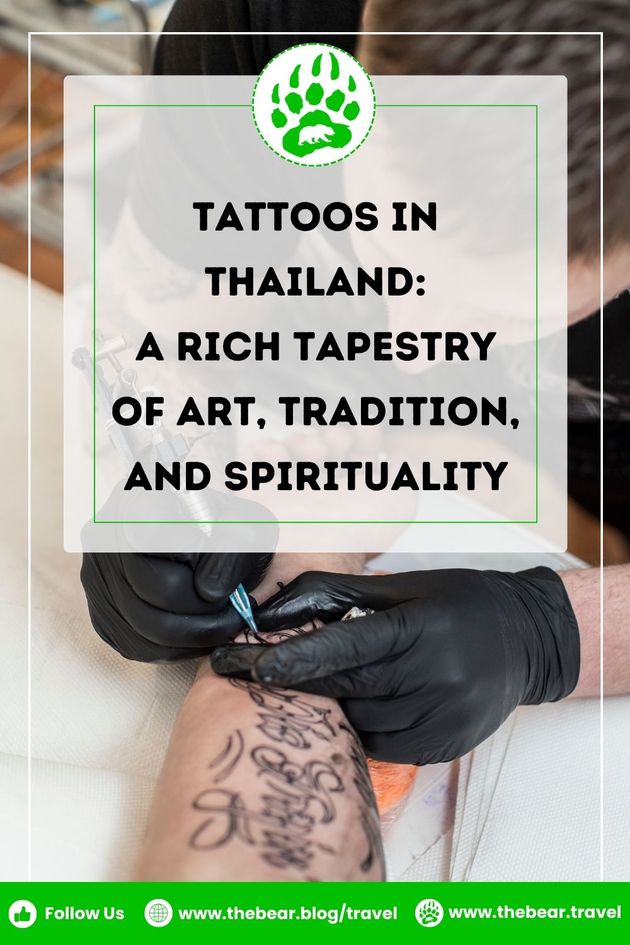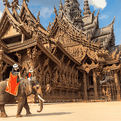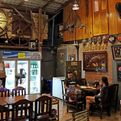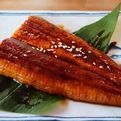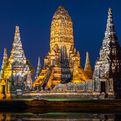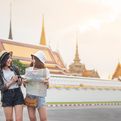Tattoos in Thailand: A Rich Tapestry of Art, Tradition, and Spirituality
History: The Evolution of Thai Tattoo Tradition
Since the Khmer Empire at Angkor, tattoos have held significant cultural importance in Thailand, symbolizing protection and power. Reflecting societal hierarchy, tattoos often indicated a man's position and military rank. The term "Yant" derives from "yantra," representing esoteric diagrams, while "Sak" refers to the act of tattooing.
These tattoos hold diverse meanings, with the majority believing in their ability to bring luck, strength, and protection from harm and death. Thai troops and warriors historically adorned themselves with intricate designs, viewing them as guardians even in the ring of combat, such as in the popular sport of Muay Thai.
Traditionally, obtaining a Sak Yant tattoo occurred at nearby temples, where monks utilized bamboo needles for the intricate process. However, hygiene concerns have arisen due to the shared use of needles and their cleaning of alcohol before application. Despite this, contemporary tattoo artists in Thailand offer alternatives, utilizing electrical tattoo guns for a more hygienic experience.
Whether opting for the traditional method or modern approach, the choice ultimately depends on one's reverence for tradition or prioritization of hygiene, offering diverse avenues for those seeking these culturally rich tattoos.
🧑🎓 Quick Trivia!
Regardless of the potential social stigma, 1-2 percent of Thai students in Srakaew province still have tattoos on their bodies.
Wat Bang Phra: A Hub of Tradition and Spirituality
The Wat Bang Phra stands as a revered destination in Thailand, drawing thousands annually seeking Sak Yant tattoos. Located approximately thirty miles west of Krung Thep Maha Nakhon (Bangkok), this sacred site doubles as a functioning Buddhist temple, where monks reside and engage in meditation practices. Amidst the tranquil surroundings, guests undergo the ancient ritual of receiving Sak Yant tattoos, immersing themselves in centuries-old traditions deeply intertwined with spiritual beliefs.
The traditional technique involves using a two-foot bamboo stick or needle, meticulously poking the skin until the intricate artwork is complete. However, recognizing the discomfort this method may cause, some tattoo artists offer alternatives, utilizing electric devices for a less agonizing experience. Despite advancements, concerns linger regarding hygiene, as bamboo sticks are commonly dipped in rubbing alcohol before use, prompting debate among practitioners about its cleanliness.
Participating in the Sak Yant ritual entails adhering to a set of regulations, with consequences believed to follow those who violate them. These rules, enforced by individual tattoo artists, often include dietary restrictions or specific behavioral guidelines during certain occasions. While monks are proficient in performing these tattoos, their skills may not match that of professional artists, with concerns raised about the longevity of their work.
Nevertheless, there's a unique allure to receiving a Sak Yant tattoo from a monk, as it is believed to imbue the wearer with magical abilities and spiritual protection, adding depth and significance to the tattooing experience.
Buddhist Tattoos Could Be Offensive
When considering tattoos of historical icons like Buddha, it's essential to navigate cultural sensitivities carefully, as they may unintentionally offend others. Opinions on the acceptability of Buddha tattoos vary among Thais, with some finding them appropriate while others strongly oppose them. It's crucial to be mindful of this cultural divide, especially during regular interactions with locals, as negative treatment may arise if one is perceived as disrespectful towards Buddha imagery.
In Thailand, where customs and traditions hold significant importance, certain guidelines should be followed when getting a Buddha tattoo to avoid offending. For instance, it's considered impolite and disrespectful to have a Buddha tattoo below the waist, as the feet are viewed as lowly while the head is revered. To navigate these cultural nuances respectfully, individuals considering Buddha tattoos should carefully weigh the potential implications and choose their placement accordingly.
🧑🎓 Quick Fact!
Thailand's tattoo market is expected to grow significantly from 2023 and 2031.
Contemporary Thai Tattoo Shops
Thailand boasts numerous tattoo parlors equipped with modern tools and techniques similar to those in Western countries. However, when selecting a tattoo artist, it's essential to exercise caution and diligence, as you would in your home country. Ensure the artist is skilled in the specific tattoo style you desire by reviewing their portfolio and observing their hygiene practices, with the presence of an autoclave indicating a commitment to cleanliness.
Seeking recommendations and researching well-known Thai tattoo artists renowned for their expertise and quality can help ensure a satisfactory experience. While getting a tattoo in Thailand can be a safe and enjoyable endeavor, it's essential to approach it with common sense and view it as a meaningful souvenir rather than a reckless adventure.
For those interested in Sak Yant tattoos, it's crucial to have them performed by a qualified Monk or Ajarn to receive their blessings and purported benefits. Additionally, adhering to Sak Yant's code of conduct, which includes principles like honesty, respect, and loyalty, is essential to maintain the tattoos' perceived magical properties. Depending on the Ajarn or Monk conducting the tattoo, specific variations in the code may apply, emphasizing the significance of respecting individual practices and beliefs.
How long does it take to get a Sak Yant Tattoo?
Getting a Sak Yant tattoo doesn't require an extensive time commitment. Smaller designs can be completed in under an hour, while larger, more intricate tattoos like the "Tiger Yant" or Yant Sua may take up to half a day. However, it's important to recognize that tattooing is just one component of the overall process.
In addition to the tattooing, a ceremonial aspect adds to the time required. This ceremonial portion involves the tattoo artist and the devotee, with the master reciting Katas or mantras. Therefore, it's essential to understand that the entirety of the Sak Yant experience encompasses not only the physical act of tattooing but also the spiritual and ritualistic elements, which contribute to its significance and time investment.
Is Getting a Tattoo in Thailand Safe?
Ultimately, getting a tattoo in Thailand depends on your diligence and effort. If you find tattoo parlors that appear unclean or lack proper equipment and hygiene practices, it's best to avoid them altogether.
Fortunately, many reputable studios in Thailand maintain high standards comparable to those in Western countries. Unlike in the US, where the government regulates tattoo artists, the Thai government does not exert the same control. Therefore, before committing to a tattoo, take the time to thoroughly inspect the facilities, ask questions, and ensure that the studio meets your standards of cleanliness and professionalism.
Additionally, proper aftercare is crucial for the healing process of your new tattoo. Avoid activities like hiking in rainforests or swimming at the beach until the tattoo has fully healed to prevent infections. Ensure you allocate enough time for the healing process when planning your travel itinerary to avoid any disruptions to your trip caused by complications from your tattoo.
How much does a Tattoo Cost in Thailand?
Several factors influence the price, including the artist's size, design intricacy, and skill level. However, if you're wondering whether tattoos in Thailand are more affordable than in your home country, particularly if you're from Europe or North America, the answer is generally yes.
Comparatively, tattoos in Thailand tend to be cheaper than in Western countries when considering the quality of work. Many studios charge a set hourly rate, with upscale establishments in popular areas equipped with modern facilities typically charging around 3,000 THB (approximately USD 92). Conversely, more remote tattoo parlors may offer lower prices, with some charging as little as 1,000 THB (about USD 311) for their services.
Embracing Thailand's Tattoo Culture
Dr. Theodore (Professor Bear)
Hi! I'm Dr. Theodore Bennet (Professor Bear), your scholarly travel companion who brings history to life with immersive tours and expert guides. With a Ph.D. in History and years of travel writing experience, I offer authoritative insights for unforgettable journeys.
The Bear Travel | Experience like a Local
A fast-growing Thailand Travel Blog written by Expats and Thais since 2017. We will share our experiences and ideas from an insider point of view for you to create your own unique Thailand experience.
For the latest news and events about The Bear Travel, follow us on Facebook, Instagram, Twitter, Pinterest, or YouTube.
For any issues, concerns, or queries, don’t hesitate to CONTACT us.
Recommended for you
Top 10 Best Places to Stay During Your Pattaya Holiday
Rowan (Guinness Bear)
Baan Boy Thai Restaurant: High-Quality Food Available in Bangkok
Tle (Hungry Bear)
HISO Sushi: A Tempting All-You-Can-Eat Japanese Buffet in Bangkok
Tle (Hungry Bear)
Thailand's Most Beautiful Temples: A Cultural and Historical Journey
Dr. Theodore (Professor Bear)
Thailand Golf: Pattana Sports Resort in Pattaya
The Bear Team
Visit Thailand: The Complete Country Travel Guide
Dr. Theodore (Professor Bear)


